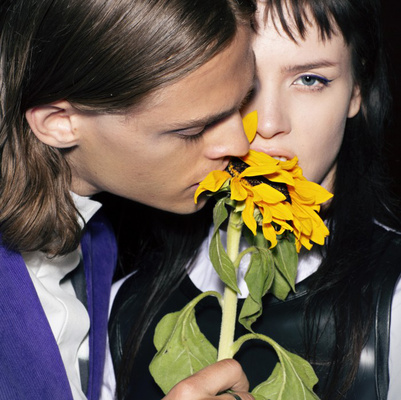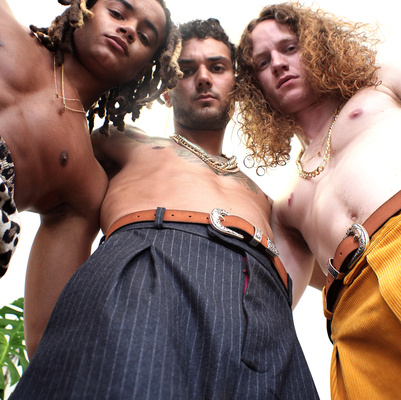Genderosity
The motive of this work is to investigate the relationship between gender norms; body/beauty standards and body language within gender-based dress codes and within fashion culture in general with the focus on femininity as it is still considered something negative in our modern society.
We, as human beings, deserve equal respect regardless of gender, skin colour, orientation, style and whatever or whomever an individual person
can be or prefers to be.
This topic is interesting and important for me because as a female Asian I do experience everyday micro-aggression that has something to do with my gender, race, behaviour, style preferences etc. I always have to worry not be ridiculed for wearing a certain type of clothes not typical for women or for “good girls”, or expressing my language and body language freely. It is life-threatening to wear a short skirt because if whatever happens - it will be my fault.
I think inequality in an advantage of men is one of the biggest unfair situation in the human history and the battle towards women’s rights is
a never-ending story and it my, as well as that for others, responsibility to change the game.
It is interesting to see how the power of appearance (aka power of fashion) affected and still affecting genders in terms of its fluidity.
In my works I have always been interested of the social factor, with the focus on how appearance, mainly clothing and accessories, can
affect an individual physically and mentally, and how the interaction with other “moderate” individuals can change the
behaviour of an entire city or even country. I want to re-evaluate the view of the gender-based design in order to change the behaviour of norm/standards/stereotype-based cultures.
My primary source of inspiration are normal people that want to live a normal life but they have a passion to explore an exciting world of fashion for no reason or in order to find their identities through playing and experimenting with social norms. In this case, fashion is a tool to express themselves and as a communication





